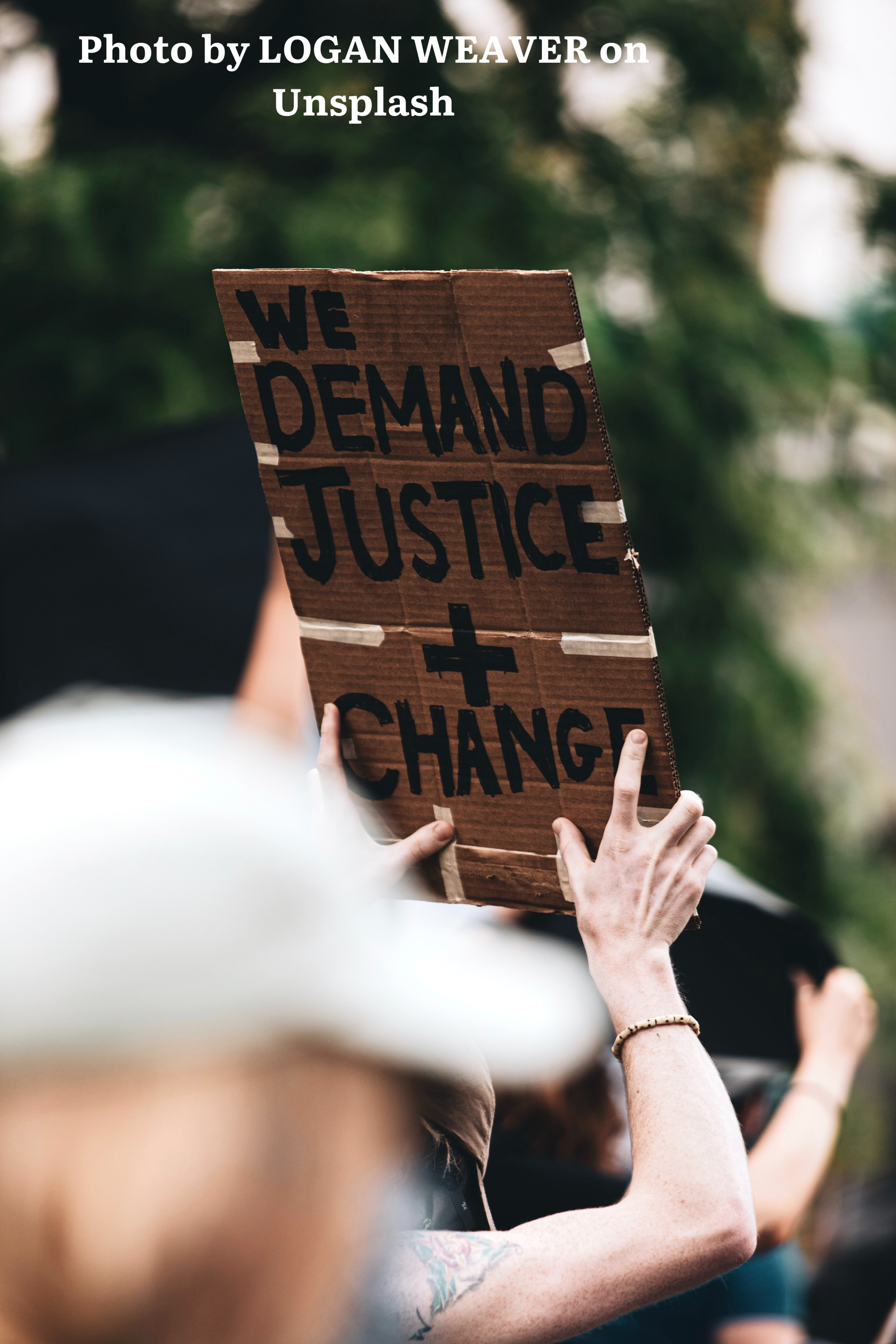“Access to information is a human right, but it is often treated as a privilege. This has to change and will take all of us to make it happen."
— Erin McKiernan (Experimental and Computational Neuroscience researcher)
@emckiernan13 on Twitter

A large-scale experiment on New Year’s resolutions: Approach-oriented goals are more successful than avoidance-oriented goals

Carbon Pricing: A Critical Perspective for Community Resilience

Tanks for Nothing: The Decades-Long Failure to Protect the Public from Hazardous Chemical Spills

Toxic TV Binge: An Investigation into Flame Retardants in Televisions
Photo by Kam Idris on Unsplash

The New Coal: Plastics and Climate Change

The Golden Key: How State-Local Financial Incentives to Lock Up Kentuckians Are Perpetuating Mass Incarceration

How to Write a Scientific Paper

A Comparison of Renters and Homeowners in Recent Decades

Answering a Call to Action on American Workplace and Community Opioid Concerns
Harnett P, Hindman J, Duenas M, Coogan M, Misicko H. Answering a Call to Action on American Workplace and Community Opioid Concerns. NEW SOLUTIONS: A Journal of Environmental and Occupational Health Policy. 2021;31(3):229-238. doi:10.1177/10482911211037573

Data for queer lives: How LGBTQ gender and sexuality identities challenge norms of demographics

Cultural interventions to treat addictions in Indigenous populations: findings from a scoping study

Life at the Fenceline: Understanding Cumulative Health Hazards in Environmental Justice Communities

What is data justice? The case for connecting digital rights and freedoms globally
Title: What is data justice? The case for connecting digital rights and freedoms globally by Linnet Taylor

The Unintended Lessons in Brown v. Board of Education
Photo by Element5 Digital on Unsplash

The Implications of COVID-19 for Mental Health and Substance Use


